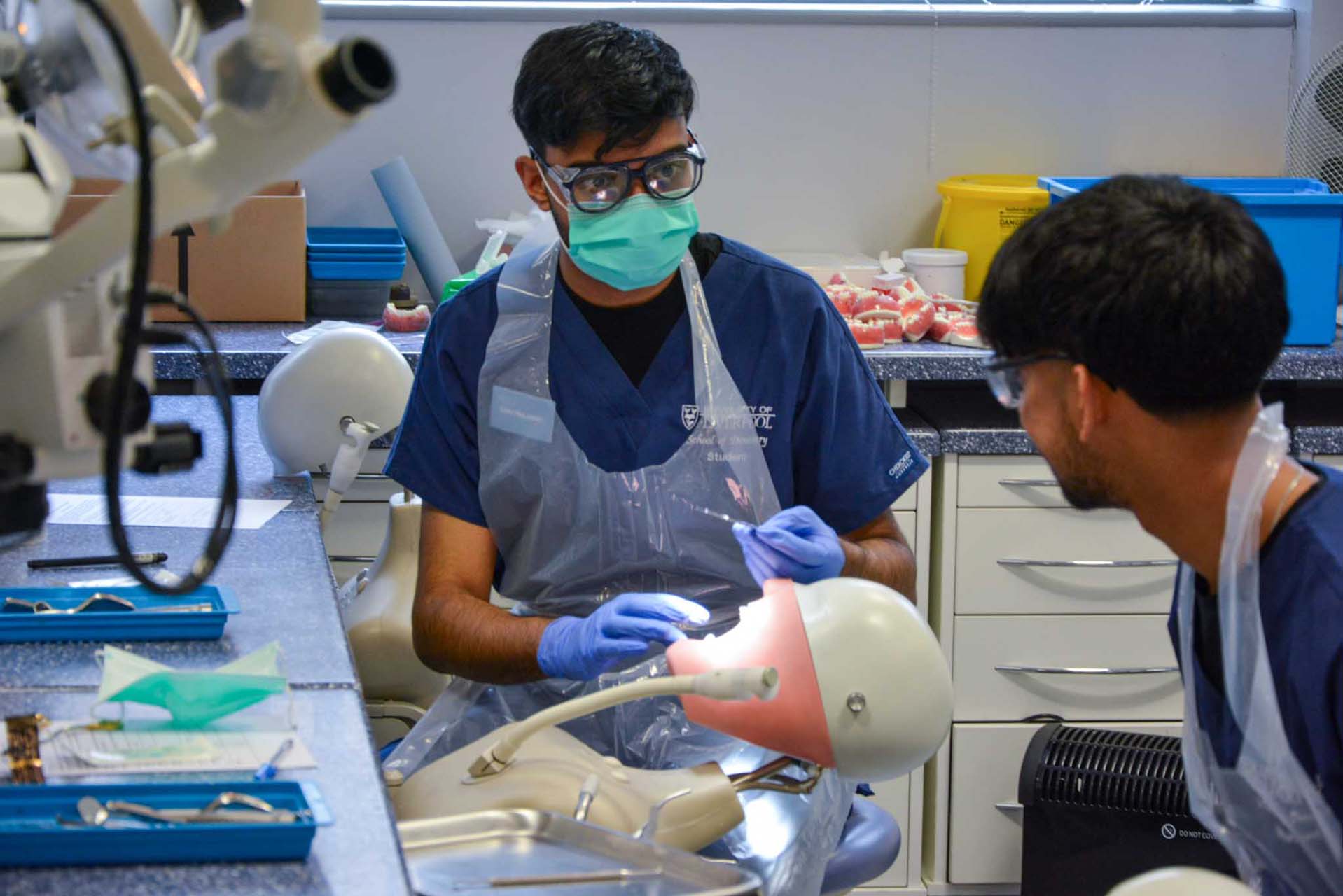Closer Look at Your Gums — And Why They Matter More Than You Think
Most people think of their teeth first when it comes to oral health. Shiny, white teeth often steal the spotlight, while gums sit quietly in the background. But healthy gums are just as important, if not more. Ignoring them can lead to discomfort, tooth loss, and even links to wider health issues like heart disease and diabetes. If you’ve noticed swelling, bleeding when brushing, or persistent bad breath, it might be time to book a check-up with a dentist Liverpool residents trust for both prevention and treatment.
Why Gums Deserve More Attention
Your gums are more than just “padding” for your teeth. They form a protective seal around the roots and bones that hold your teeth in place. When gums are strong and intact, they keep bacteria out and protect the supporting structures. When they’re weak or inflamed, harmful bacteria can slip in, leading to gum disease — which often progresses quietly until the damage is advanced.
Early Warning Signs You Shouldn’t Ignore
Gum problems don’t usually appear overnight. They start small and build up over time. Common early indicators include:
- Gums that bleed when you brush or floss
- Redness or swelling along the gumline
- Persistent bad breath or a bad taste in the mouth
- Receding gums that make teeth look longer
Spotting these issues early gives you the chance to take action before permanent damage sets in.
How Gum Disease Progresses
Gum disease often starts with gingivitis — mild inflammation caused by plaque buildup. At this stage, gums may bleed but the condition is still reversible with good hygiene and professional cleaning. If untreated, it can advance to periodontitis, where infection damages the tissue and bone that hold teeth in place. This can result in loose teeth or even tooth loss.
What’s more concerning is that gum disease has been linked with systemic conditions such as diabetes, cardiovascular disease, and pregnancy complications. The health of your gums truly connects to the health of your whole body.
Everyday Habits That Protect Your Gums
Fortunately, gum health is largely in your control. With consistent care, you can prevent most issues before they start. Key practices include:
- Brushing twice a day: Use a soft-bristled brush to avoid damaging delicate gum tissue.
- Flossing daily: Floss reaches areas your toothbrush can’t, removing plaque between teeth.
- Mouthwash: An alcohol-free rinse can help reduce bacteria and freshen breath.
- Regular dental visits: Professional cleaning removes hardened tartar that brushing can’t tackle.
- Lifestyle choices: Avoid smoking, eat a balanced diet, and stay hydrated — all of which support gum health.
When to Seek Professional Help
If your gums are sore, bleed regularly, or you notice changes in how your teeth feel when you bite, don’t wait. A dental professional can examine your gums, provide treatment if needed, and guide you on personalised steps for prevention. Treatments can range from deep cleaning to more advanced therapies depending on the severity of the problem.
Why Prevention Pays Off
Investing in gum health now can save you from expensive, time-consuming treatments later. More importantly, it keeps your mouth comfortable and functional — and supports your overall wellbeing. Healthy gums mean a healthy foundation, not just for your smile, but for your body too.
Taking your gums seriously isn’t about being overly cautious — it’s about protecting one of the most important parts of your health that often goes unnoticed.

